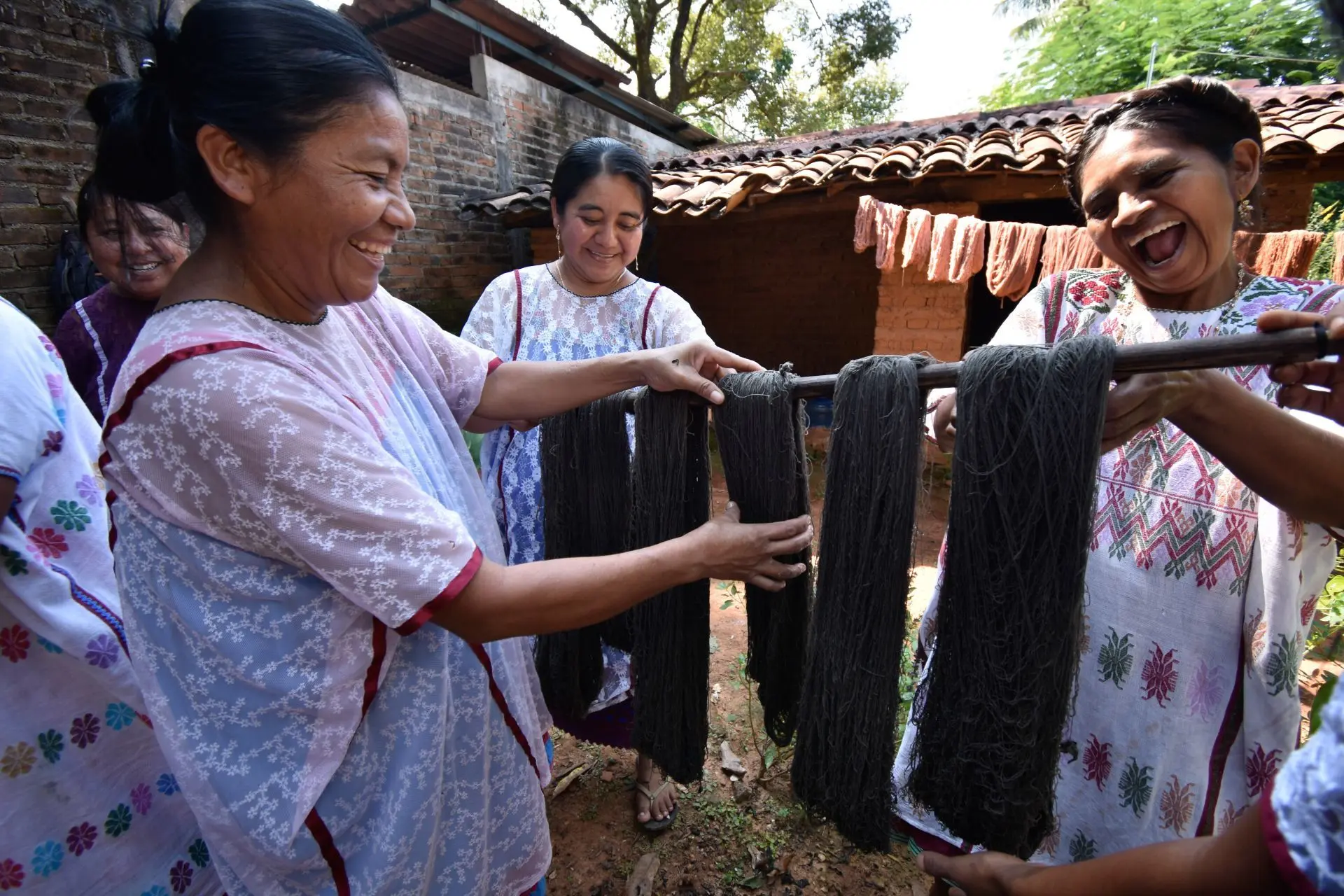
Although having an index that measures happiness in each country might initially seem somewhat questionable, this report was established by the United Nations (UN) in Resolution 66/281 of 2012, designating March 20 as the International Day of Happiness.
The resolution seeks to recognize more inclusive economic growth conditions to promote sustainable development and the eradication of poverty.
Notably, compared to last year’s edition, Mexico has climbed 15 places, rising from a total of 6,678 to 6,979 points in the 2025 ranking. Since this measurement began in 2012, the country achieved its highest score in 2015, ranking 14th, and its worst in 2022, when it fell to 46th place.
The methodology used to create the ranking is based on a question from the Gallup survey—a platform that helps companies improve employee performance—which asks: “Based on a ladder presented to respondents, where the bottom rung (zero) represents the worst possible life and the top rung (10) represents the best possible life, respondents indicate where they place themselves based on their overall evaluation of their life at that moment.”
The Nordic countries continue to hold the top spots in the ranking. Finland remains in first place, as it has for the past eight years. The last place this year—the most unhappy country in the world among 145 nations—is Afghanistan.
In Mexico’s case, one of the key factors influencing the metric was the role of family structure and social support in shaping perceptions of happiness. According to the report, family cohesion is linked to higher levels of social well-being.
It is important to highlight that, according to this report, there has been an increase in the number of people living alone, particularly among young adults who have become isolated in residential areas of developed countries. This trend is associated with decreased personal satisfaction and increased feelings of isolation, frustration, and loneliness.
Related: Palacio de Bellas Artes opens its doors for the first time to Indigenous languages